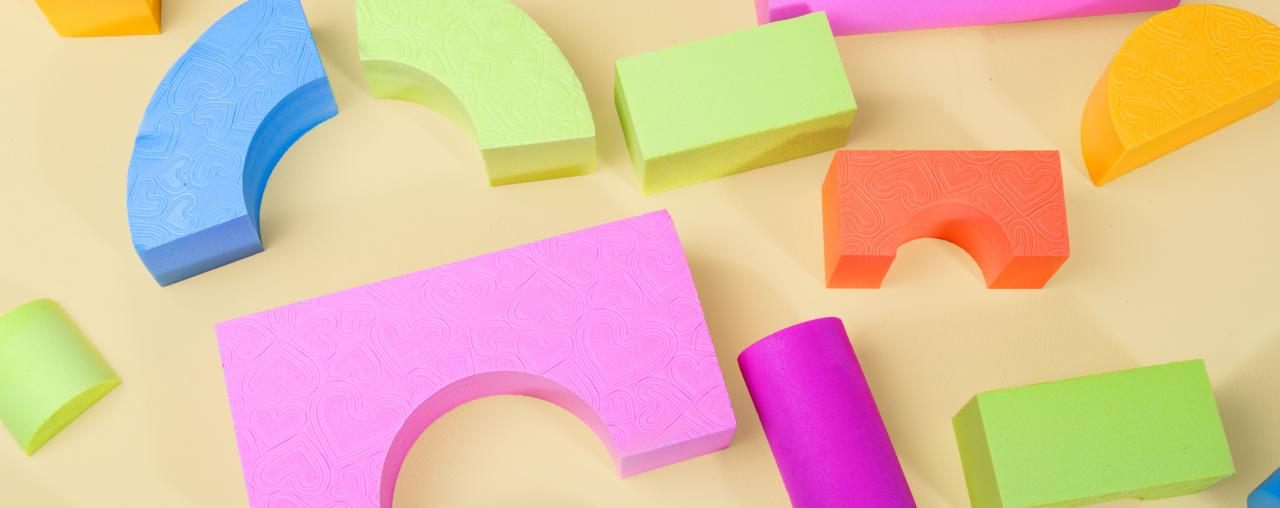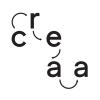
An article written by Ileana Toscano, Urban specialist and Community engagement expert and Lead expert of the Playful Paradigm Transfer Network
Involving schools and cultural/academic sectors for promoting a new way to co-design and stimulate educational innovation in cities should be at the top priorities of the political urban agenda.
Cities partner of the Playful Paradigm have had the opportunity to promote play in education both in schools and in non-formal education system.
The experiences of Klaipeda in Lithuania and Esplugues de Llobregat in Spain show the role of play as part of educational paths for promoting active life and creative thinking for students and families.
Active Breaks and Playful activities for boosting learning in Klaipeda
“Children are spending a lot of time in sedentary activities.” Said Laura Kubiliutė, head of public monitoring and projects department for the Klaipėda City Public Health Bureau. “The inactivity of younger generation is an important problem in many cities as well as in Klaipeda. Children lifestyles survey done in 2020 showed that in Klaipeda only 16% of school children are physical active. That’s why we decided to implement Playful initiatives, aiming to increase children’s physical activities through developing physical activities and physical education in school communities.”
To foster the objective to promote the physical activities in schools for bodily and mental health purposes, the Klaipeda City Public Health Bureau has established a collaboration with Public Health Specialists. These experts are uncharged to share with schools’ staff health principles and embed in school programmes the importance of physical activity for young people. They are committed to provide several playful activities to students, also in collaboration with children and young people, such as the “active breaks”, the competitions of “the most active class” and the “healthiest school”, Hikes, counting daily steps and “Physical Active weeks”.
The “Playful active break”, also experimented by all the partners of the Playful Paradigm during the Transnational meeting held in Klaipeda in 2019, is a physical activity after or during a lesson. It can be a dance with music or a short exercise. It’s demonstrated that the active break empowers the learning ability, helps pupils’ concentration and fosters a friendly and welcoming environment in classes.
Moreover, during the quarantine the Health Specialists team offered to children the “yoga zoo”, which is an online yoga class addressed to kids and families.
Thanks to that healthy schools’ programme promoted by the Public Health Bureau and with the support of the Public Health Specialists many schools of Klaipeda applied to be a member of the National healthy and active schools Network.
Laura said: “To summarize, we see the Playful activity as a way to energise school days and improve physical activity”
Esplugues de Llobregat - a novel board game city!
The Municipality of Esplugues de Llobregat has a long tradition of working with the young generation, focusing on children and adolescents. Esplugues is a Child friendly city recognised by UNICEF and promote the use of playful activities to actively engage youth.
“In Esplugues we have been working for many years on participatory processes, especially focused on children and young people” said Guadalupe Penas, ULG coordinator “The Playful Paradigm practice allows us to incorporate the different views that consist in the city, where sharing problems means also sharing solutions. In Esplugues we face many problems, but first of all there is the difficulty to have a stable participation of children and young people”.
In 2010, Esplugues de Llobregat established a Forum and a Children City Council, aimed at promoting democracy and participation at city life from the young age. Through this activity, Children and Adolescents can interact with the Formal City Council and provide advice from their perspective to city challenges. This initiative as well as the other activities dealing with the participation of the youngest is forecasted in straight collaboration with schools.
Esplugues has a strong political vision focused on the role of young people in city life and the playful educational approach has been the methodology to engage with children and teenagers.
“Education is generally understood as a topic related to schools, but for Esplugues the education must be present in all spaces of the city. That’s why we have a city plan, for 10 years, focused on education”. - Guadalupe said - “The Potential of play in learning is still unknown, that’s why through Playful Paradigm we have offered different trainings for teachers and educational staff.”
During the quarantine period, Esplugues organised online classes and workshops to spread the playful spirit in homes to face the isolation due to the Pandemic. They have been using games and play activities even through a blended approach to promote accessible spaces in cities, fight the xenophobia, address a sustainable environment. They supported young games influencers and a Network of game friendly spaces in the city. Recently, Esplugues launched the Ludobus initiative – Mobile Toy Library and the Toy Library pilot project in a school.
The long-term vision is to bring play in all areas of the city and connect all playful friendly spaces to transform Esplugues in novel board game city!
Education, Culture and Play: invisible bricks to design cities
Other URBACT Transfer Networks have been working on topics dealing with education, arts and culture, fostering a playful environment. Among others “On Stage” and “ON BOARD”.
There is a red thread across Playful Paradigm, On stage and On Board. The Networks dealing with Play, Education and Arts (culture as a broader approach) which, despite being intangible assets, greatly contribute to the wellbeing and provide opportunities for people living in cities.
Shall we think how people could live if we removed culture, education, art and play from cities? Those elements have always been shaping urban environment, because they lay the foundations for society in cities. There is the need to put those invisible aspects in the spotlight, while too often they aren’t taken seriously, cutting their funds. Only giving the right relevance through city policies to culture, arts, education and play a better city life could be expected focusing on the needs, feeling and emotions of citizens.
Play is one of this fundamental brick of our society which helps children growing, elderly people in maintaining an active lifestyle, families in fostering better relationship between parents and children.
But it is not enough, Play could also re-shape city public spaces and support urban planning activity in designing better cities for children, families, girls, youth and for all.
Want to know more about playful activities for better educational programmes?
The Playful Paradigm Network launched a Podcast series and one of the episodes features the key players mentioned in this article. Listen it here!

